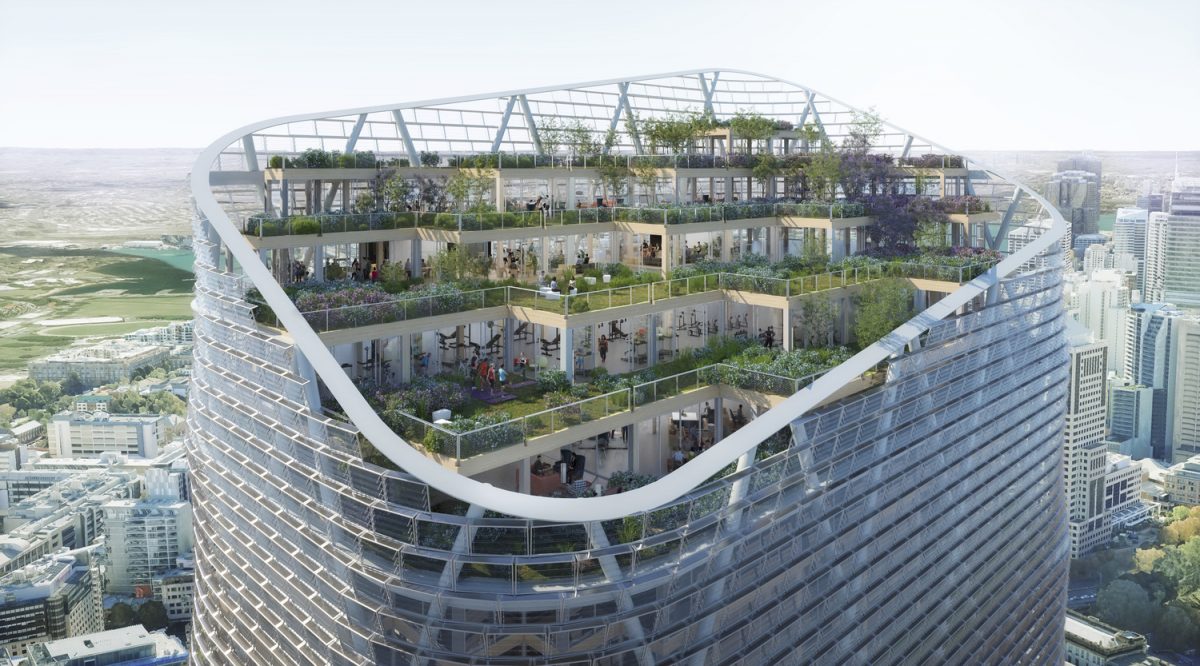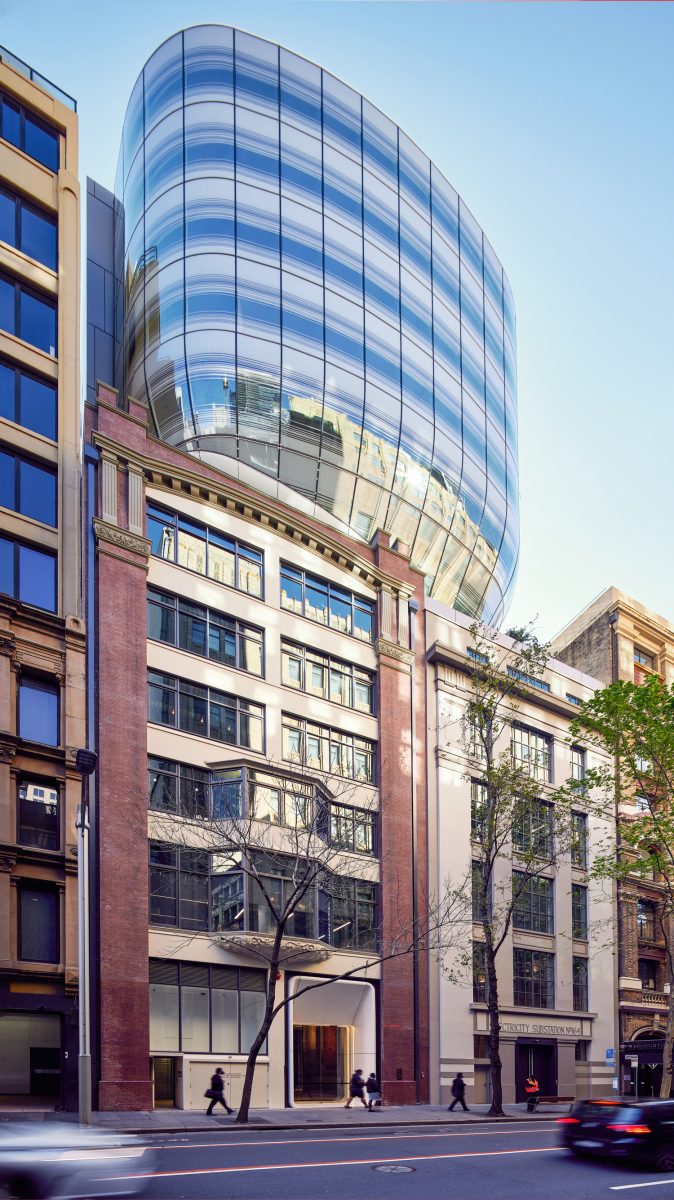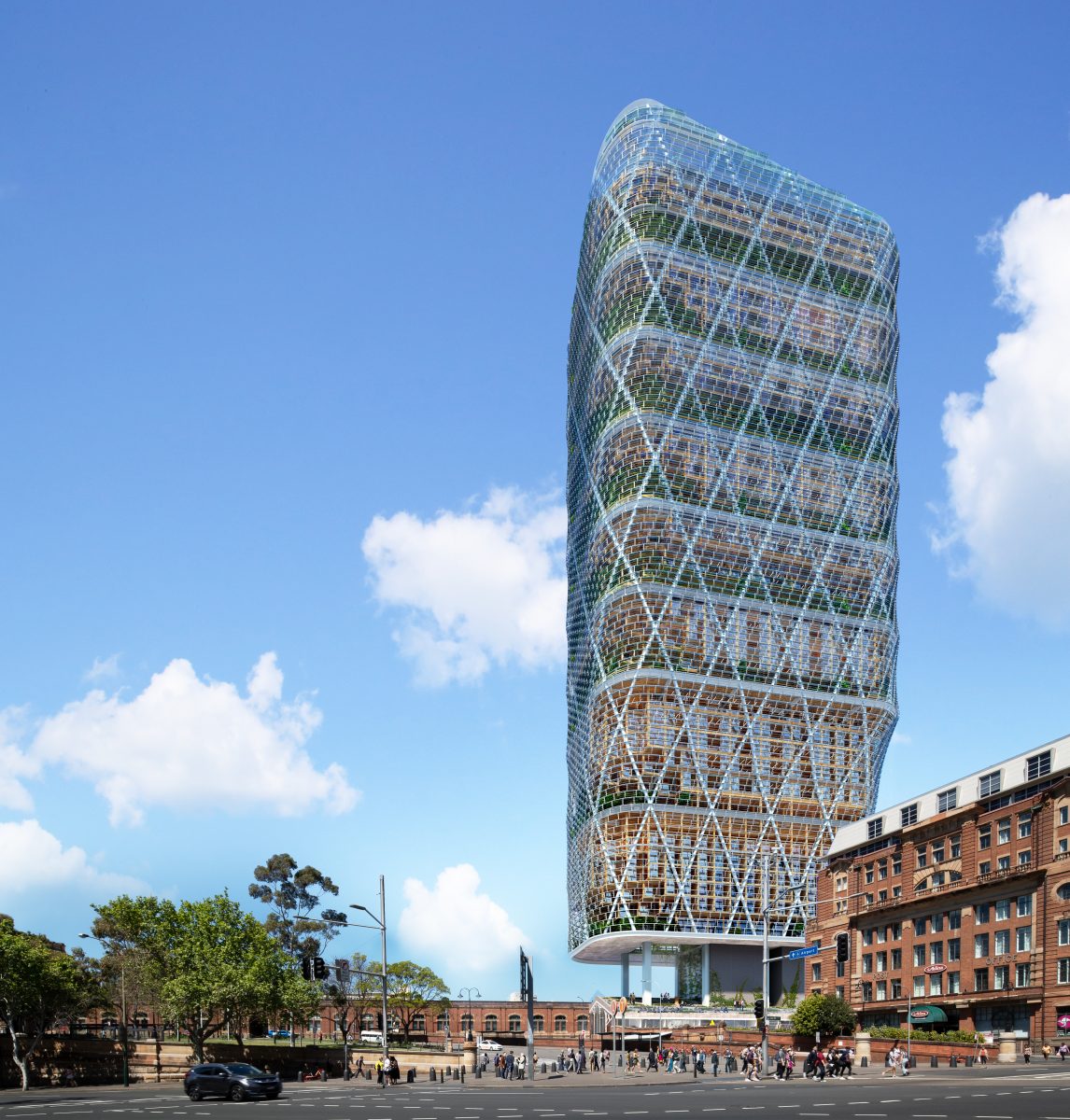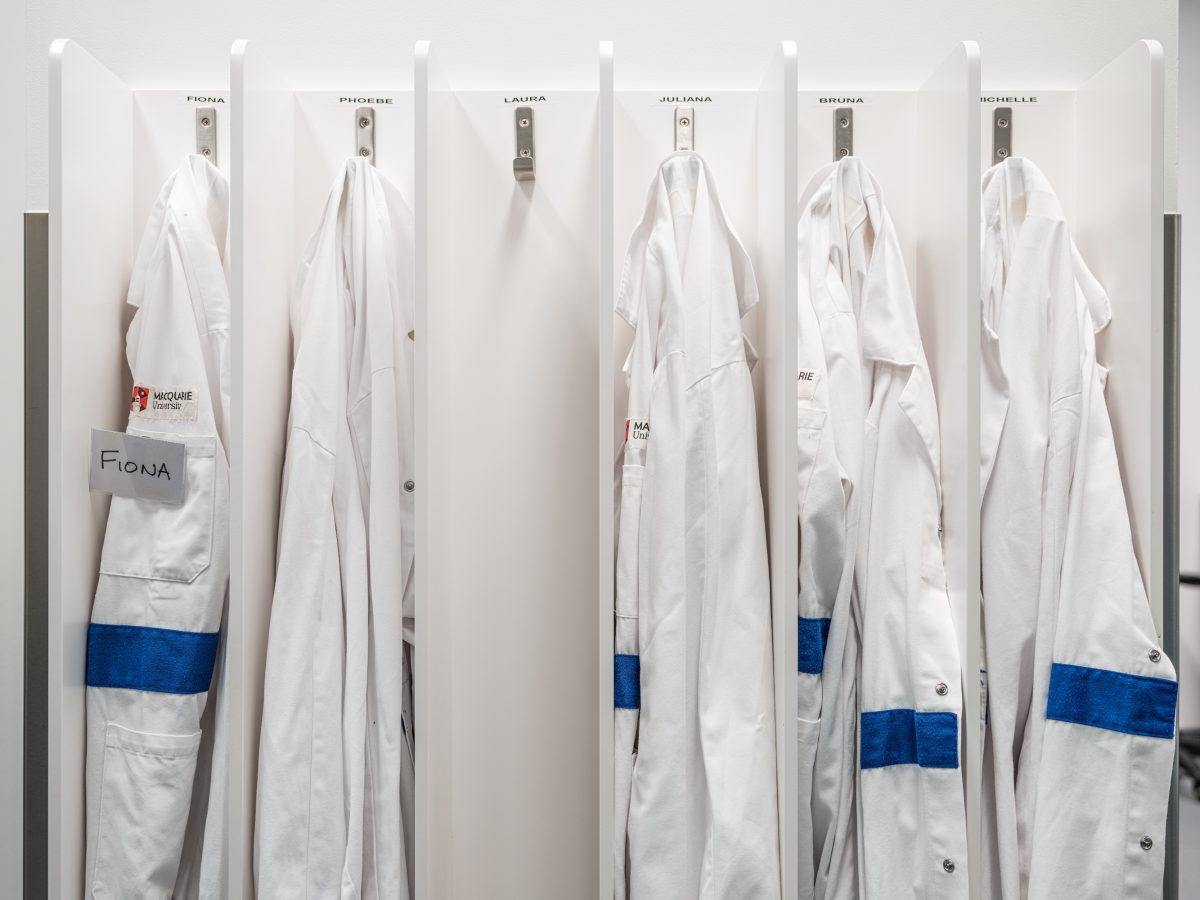Built listed as Sustainability Leader 2022

Built has ranked in the top five in the 2022 Sustainability Leaders list by the Financial Review, in association with Boston Consulting Group in the property and construction category.
Built was the only construction group in the top five and was recognised for its commitment to sustainability including setting a Green Standard, work in embodied carbon and building a company-wide culture focused on excelling in sustainability outcomes. The list has been created from a rigorous methodology and celebrates organisations across all industries that are both achieving a positive impact on the environment and society and growing their business.
With transport and heavy industries perceived as the ‘usual suspects’ when it comes to high carbon emissions, buildings are rarely mentioned.
In reality, almost 40 per cent of global emissions derive from constructing and operating buildings: anything from the heavy equipment to clear the land, the concrete and steel used in the building phase and the ongoing energy used in lighting, heating and air conditioning them.
Awareness of the problem – and possible solutions – is growing. As with other carbon intensive industries, investors and financiers are compelling the property and construction sector to do more to lift its sustainability game.
In Australia, every new commercial building is obliged to meet minimum standards, as outlined by measures such as the Green Building Council of Australia’s Green Star ratings system, or the National Australian Built Environment Rating System (NABERS).
But according to leading construction company Built, more can be done to raise the sustainability bar beyond even a top-star rating.
The answer is to get the builders involved more intimately – and earlier – in shaping a project’s sustainability features and credentials.
Founded in 1998, Built has emerged as one of the country’s largest integrated tier-one builders and developers. It remains locally based and owned, but with a presence in New Zealand and Britain.
Built chief executive Brett Mason says that for too long builders have typically taken a back seat on sustainability and merely delivered on the developers’ contracted sustainability requirements.
Mason notes that in more than two-thirds of its construction, refurbishment or fit-out engagements, Built has delivered a sustainability rating higher than that targeted by the client.
“While we didn’t appreciate it straightaway, by focusing on achieving a better sustainability outcome on every project, we’ve found ourselves in a leadership position,” he says.
“And while it’s absolutely imperative that the client sets a sustainability vision, it’s the builder who controls the supply chain and is best placed to influence the result.”

“While we didn’t appreciate it straightaway, by focusing on achieving a better sustainability outcome on every project, we’ve found ourselves in a leadership position,” Mason says. “And while it’s absolutely imperative that the client sets a sustainability vision, it’s the builder who controls the supply chain and is best placed to influence the result.”

This depth of experience is one reason why Built was selected to be involved early in Atlassian’s new Sydney headquarters, adjacent to Sydney’s Central Station.
Covering 75,000 square metres over 39 storeys, the hybrid timber tower will be the cornerstone of the NSW government’s Tech Central renewal project.
True to the ethos of Atlassian co-founders Mike Cannon-Brookes and Scott Farquhar, the build will set some of the most ambitious sustainability targets to date.
Built is also involved in the $3.2 billion Parramatta Square, one of the country’s biggest ever urban renewal projects led by Walker Corporation and one that adopts a strong sustainability ethos. When completed, the precinct will house six buildings, including a refurbished town hall, a new library and council chambers and 6000 square metres of public space.
Other Built projects embracing sustainable methods include Adelaide’s fully electrified Festival Tower project, 60 King William Street (also in Adelaide) and 480 Swan Street in Melbourne. The latter two are Charter Hall projects and targeting carbon neutrality.
“We’ve become the go-to builder for projects that want to push sustainability benchmarks, but to really change the game we believe it has to be a whole-of-industry approach and that starts with sharing knowledge,” Mason says.
For instance, the company is implementing a ‘green standard’ across project delivery, with minimum requirements such as 90 per cent recycling and 100 per cent green renewable power.
Built has also developed an in-house framework to identify and reduce embodied carbon in construction, covering the sourcing, manufacturing and transport of construction materials.
So far, this initiative has delivered 74,500 tonnes of carbon savings – equivalent to a 40-storey office tower.
Built is authoring and sharing reports with practical steps on how to reduce embodied and operational carbon in building and construction.
The company has also developed a ‘mass timber’ building methodology for schools, by which buildings are prefabricated in parts in a warehouse and then transported as ‘flat packs’ to be assembled on the school site. They can also be disassembled and reassembled and added to over time to provide maximum flexibility.
Mason says using mass timber in this design has resulted in an 80 per cent reduction in embodied carbon, relative to steel and concrete.
By further adding solar power, the facilities can also become ‘climate positive’ within two years.
Led by head of sustainability and social impact Joe Karten, Built has assembled an in-house team of seven sustainability experts.
“Our sustainability and social impact framework ensures we consider the impact of everything we do,” Karten says.
“It covers every aspect of our business and sets our own standard on how we will make a positive impact within our environment, our industry, our economy and our society.”
Karten says each part of Built’s sustainability and social impact framework has quantifiable targets that allows the firm to track and to continually improve its impact.
Read more about the Australian Financial Review Sustainability Leaders List 2022
This article was first published as “Builder pushing for ‘greener’ targets” by the Australian Financial Review on 8 July and has been republished with their permission.



